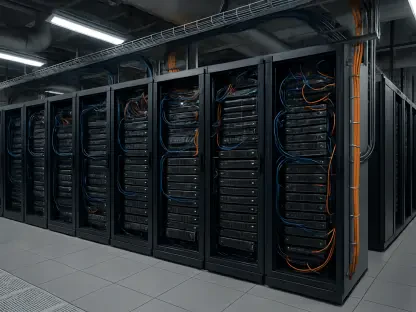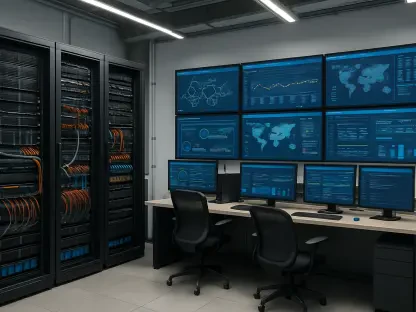In an era where digital infrastructure underpins nearly every aspect of business operations, the demand for skilled professionals to manage and optimize these systems has never been higher, especially as companies strive to maintain seamless connectivity and data integrity across complex networks. The role of a Server and Storage Engineer has emerged as a cornerstone in ensuring that organizations can rely on robust IT environments to support their growth and innovation. At the heart of this critical position lies the responsibility to oversee server functionality, maintain storage systems, and guarantee uptime in high-stakes data centers. This pivotal job not only demands technical expertise but also a proactive mindset to anticipate and resolve issues before they disrupt operations. As technology continues to evolve at a rapid pace, the need for adept engineers who can navigate both current systems and emerging trends becomes paramount. This discussion delves into the intricacies of such a role at a leading tech firm, exploring the skills and responsibilities that define excellence in this field.
Key Responsibilities in IT Infrastructure Management
The scope of a Server and Storage Engineer’s role is both broad and intricate, encompassing the critical task of ensuring that network and storage systems operate without interruption. A primary duty involves configuring and maintaining servers, switches, and firewalls to support seamless data flow and security across the organization. Beyond setup, the engineer must monitor data center conditions, such as power supply and cooling mechanisms, to prevent downtime and maintain optimal performance around the clock. Troubleshooting complex system issues also forms a significant part of the job, requiring quick diagnosis and resolution to minimize operational impact. Additionally, collaboration with IT teams and data center managers is essential to align infrastructure capabilities with broader business goals. This position demands a keen eye for detail in performing regular maintenance, updating software, and inspecting hardware to prevent potential failures. By integrating innovative solutions, the engineer plays a vital role in enhancing system efficiency and preparing the infrastructure for future technological advancements.
Essential Skills and Qualifications for Success
Becoming a standout candidate for a Server and Storage Engineer position requires a robust blend of technical acumen and adaptive problem-solving abilities tailored to the fast-paced world of IT infrastructure. A bachelor’s degree in Information Technology, Computer Science, or a related field serves as a foundational requirement, paired with substantial hands-on experience in server management and network administration. Proficiency in managing critical applications like DNS and FTP, alongside a deep understanding of networking protocols, is non-negotiable for ensuring system reliability. Familiarity with data center environmental systems, such as cooling and power management, further distinguishes top-tier candidates. Beyond technical skills, the ability to stay abreast of advancements in network administration and firmware integration is crucial, reflecting the dynamic nature of the industry. Strong analytical skills enable the engineer to design strategic solutions for optimizing architecture, while effective teamwork ensures smooth coordination with other departments to address and prevent infrastructure challenges.









